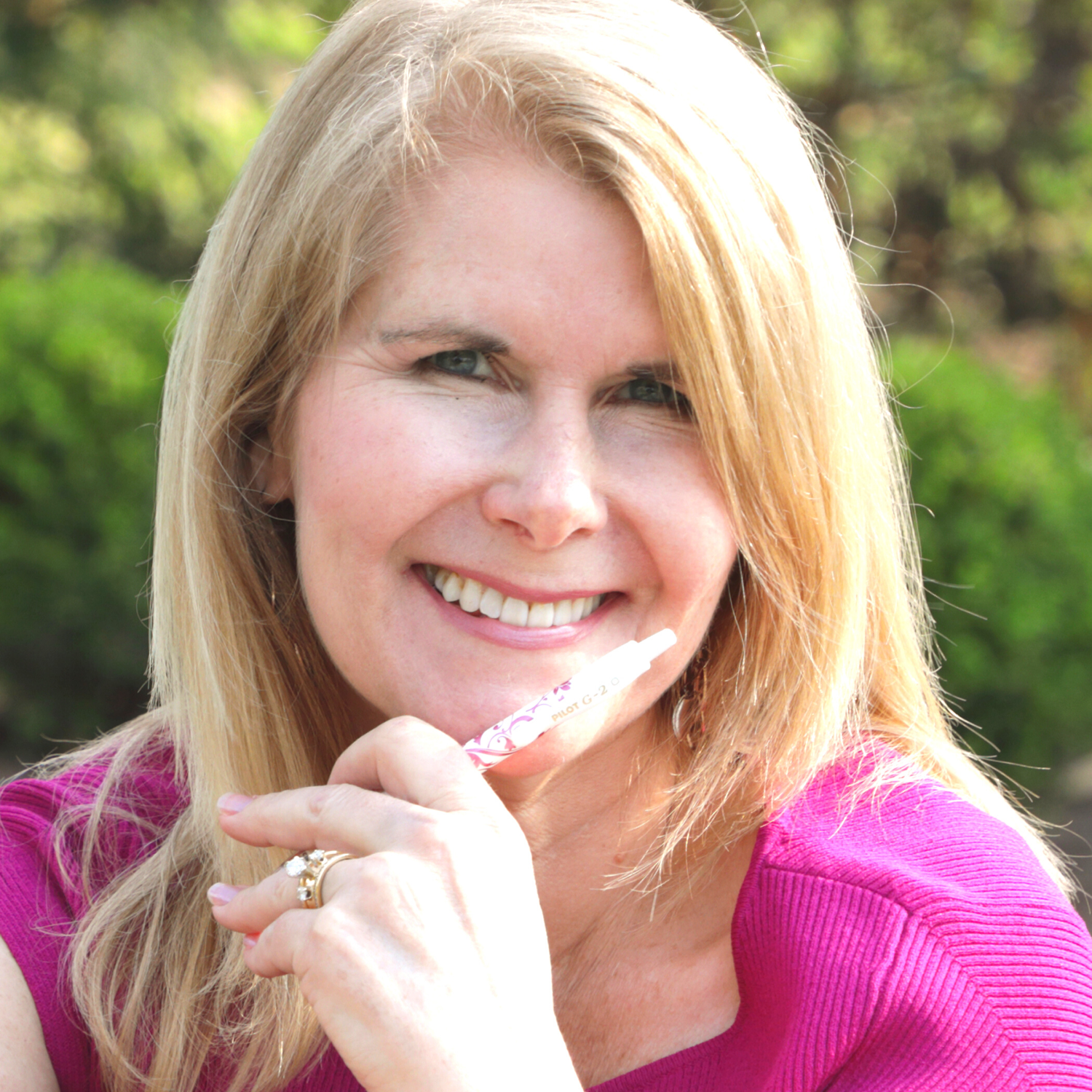The Day Sarah Called: When Loving Well Means Doing Nothing
- Mary A. Felkins

- Oct 10, 2014
- 3 min read
When Jesus saw him (an invalid) lying there and learned that he had been in this condition for along time, He asked him, ‘Do you want to get well?… Get up! Pick up your mat and walk.’ John 5:6, 8
Sarah’s call was unexpected. I’d not heard from her in several years. We met the evening she arrived at our church and participated in our woman’s Bible study. Her skin tone didn’t match mine. To minimize the contrast between her social class and that of the group I sat beside her, directed her through pages of scripture, and even prayed with her.
Sarah was in need: she suffered physical pain in her hip, housed a live-in daughter as well as several hungry grandchildren, and was plagued by financial crisis.
Ah, slip on silk red superwoman cape. Felkins to the rescue!
I gave Sarah my cell number. Enablers do that, you know (and those of you who aren’t enablers likely just gasped). I soon discovered that she’d been a frequent visitor to the chuch. When I asked about her my pastor at the time returned a look of disdain, formed a tight-lipped grin. “Is her name Sarah?”
“Yes. Why?”
“She’s been asking for help for quite some time. She’ll take whatever she can get.”
“Oh.” I slipped off my heroine cape, let it fall to the base of the altar.
I never heard from Sarah again. Until our family vacation to Colonial Williamsburg four years ago.
“Mary, this is Sarah. How are you, honey?”
I gulped, slipped from the crowd gathered around the Jamestown settlement speaker, high-stepped to a place where I could hear. “I’m fine, Sarah. How are you?” I whispered.
“Oh, not good, honey. I’m in pain.”
A second time I lamented over her plight.
And that was it.
Until this past June when she called me a third time.
She left a voicemail requesting I return her call.
Moral dilemna. Jesus instructs me to care for those in need, to go the extra mile, feed the hungry, to give my coat, be hospitable, turn my cheek. To do so is also having done the same to Him (Matthew 25:40). Yet with my own issues on the home front rising like a tsunami I perceived this damsel in distress differently. Enter discernment. I’d become one among her, in need of help, too, thank-you-very-much.
I chose to disregard Sarah’s call (though guilt tasted bitter).
Two months later Sarah called again, caught me unaware. “Mary, this is Sarah.”
I allowed a few seconds of silence to do the speaking.
“You didn’t remember me, did you?”
Sarah had called her enabler on a proverbial ‘bad day.’ My voice came out stiff. “I remember you, Sarah.”
“I called to see how you were doing.”
I wielded honesty like a weapon. “Actually, I’m not doing well.”
And the only thing I had to offer was prayer. Funny thing is Sarah’s so-called concern for my welfare ended rather abruptly after that.
When Jesus saw an invalid man lying beside the pool near the Sheep Gate in Jerusalem (John 5) He examined the man’s heart, asked a key question.
“Do you want to get well?”
The man might have preferred something along the lines of, ‘Greetings, helpless soul. Let me fix your circumstances so that you can walk again’. But sometimes the Lord calls me to do absolutely nothing for those in need.
Nothing, Lord?
Yes, nothing.
But, but why?
Faith. In Me. I am limitless, you see. I want to be their strength, their source of joy, peace, hope. I want others to see My reflection in their face. And this comes through struggle.
I’ve come to realize that my enabling hinders the one I desire to help. That is not to say I should ignore promptings to help others. Au contraire! But a little discernment will go a long way. Especially when Sarah calls again.




Comments